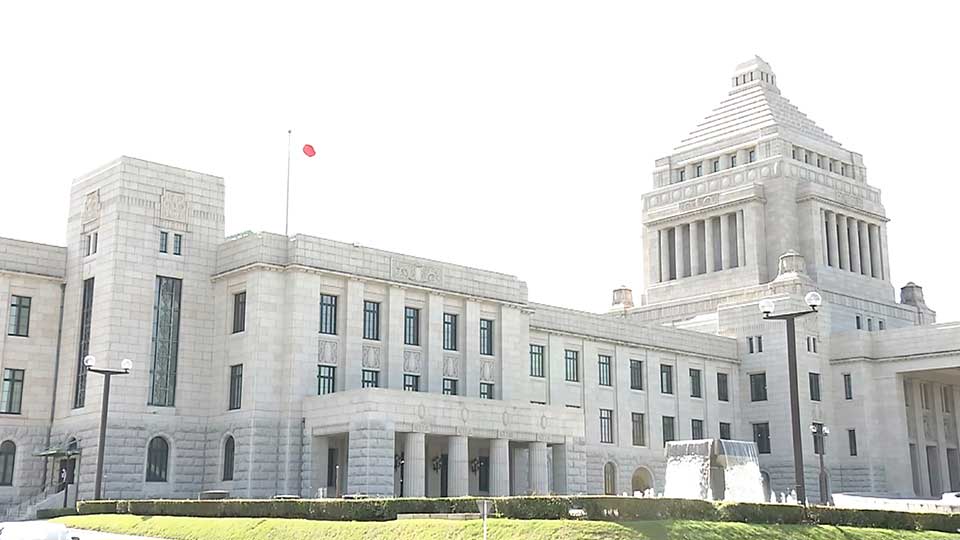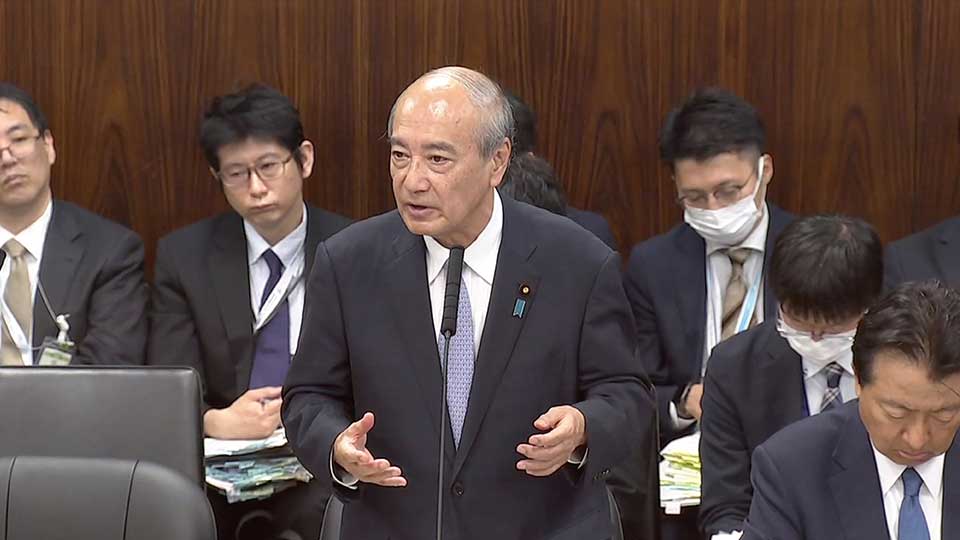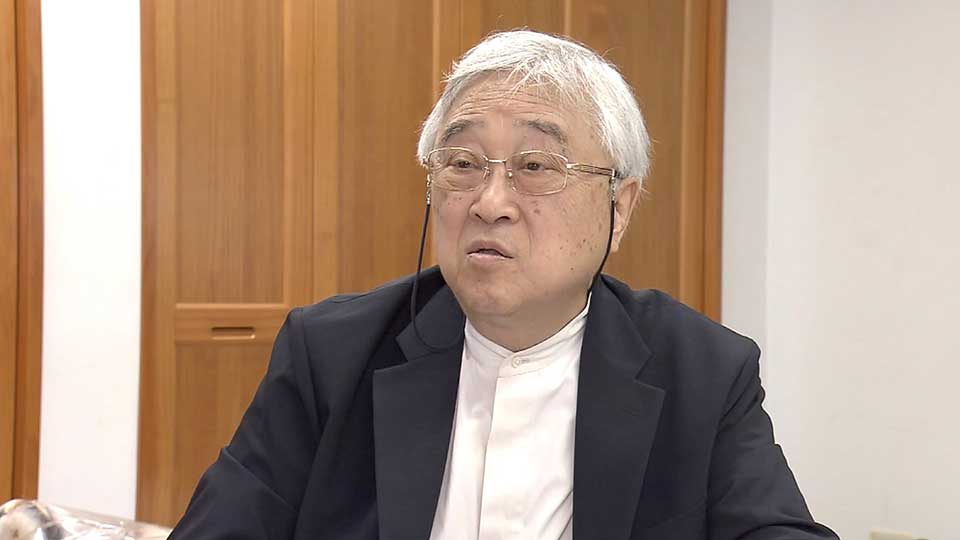New opportunities
Among the proposed changes is replacing the current foreign technical intern program with a trainee scheme for fields experiencing labor shortages as Japan ages, including nursing care, construction and agriculture.
The new scheme aims to train up foreign workers to reach the level of "specified skilled worker" in principle in three years.
The current system has been criticized for a number of reasons, including not allowing interns to change their workplaces, in principle. But the revision will permit trainees to switch employers in the same fields under certain conditions.

Eyes on permanent residency
Revisions would also include adding reasons for revoking permanent resident status.
These would include intentional failure to pay taxes or social insurance premiums, being imprisoned for certain legal violations such as burglary and currency forgery, or failure to comply with immigration rules such as carrying their resident card at all times.
A related provision states that living conditions will be taken into consideration in cases involving revocation of the status - a provision that has also been added to deliberations about the bill in the Lower House.

Officials: enhancing residency permit system
The Immigration Services Agency said the introduction of the new trainee system is expected to increase the potential number of permanent residents. Given that some permanent residents have failed to fulfill public obligations, the changes are aimed at optimizing the permanent residence system.
Sparking debate
In the committee meeting on May 28, Makiyama Hiroe, a lawmaker in the main opposition Constitutional Democratic Party, said the level of technical skill required to be granted permanent residency is very high and so the new program is unlikely to greatly increase permanent residents. It is therefore unreasonable to allow revocation of the status based on a wrong assumption, she added.
But Justice Minister Koizumi Ryuji disagreed.
"Whether the number of permanent residents increases or not, inappropriate actions need to be corrected," he replied.

Koizumi said he hopes to win support for the revised legislation, which would become the foundation for appropriate immigration controls. He also said his ministry will draw up guidelines about revoking permanent residency in order to gain understanding from people concerned about the change.
Foreign resident concern
Foreign nationals who have been living in Japan for many years are voicing concerns about the revision.
The Yokohama Overseas Chinese Association, which consists of 16 organizations including people who work in Yokohama Chinatown, mainly consists of people with Chinese nationality and permanent resident status in Japan.

The group sent a petition to Prime Minister Kishida Fumio and Justice Minister Koizumi recently, calling for the deletion of the provision pertaining to revoking permanent residence.
The petition says that even if the government says it will not revoke the status in cases of simple negligence, the law will make it legally possible.
The petition says that Chinese in Japan who are permanent residents work in Japan and pay taxes. Their lives are the same as those of Japanese.
It pointed out that Japanese citizens also may not be able to pay taxes due to sudden illness or accidents. Making it possible to revoke permanent resident status for these reasons significantly tramples on the rights of foreign residents.
Zeng Deshen, a special advisor to the Yokohama Overseas Chinese Association, says that foreign residents of course must obey Japanese laws.
"Why can't you be punished under current Japanese laws if you violate them?" he said.
Permanent residents worked hard for 10 years to get their status and have sunk roots in Japan, he said.
It is regrettable that the bill runs counter to the idea of creating an environment where people of different ethnic groups can understand each other and support each other, he added.
"Why is it necessary to impose 'double punishment' only on foreigners?"

